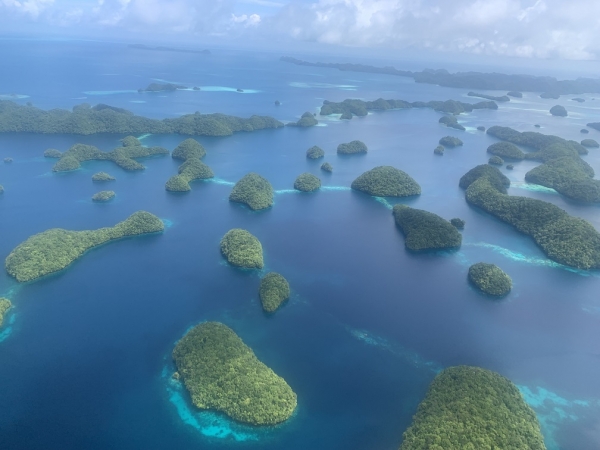An international collaboration that includes two Oregon State University scientists says the world’s largest marine protected areas aren’t collectively delivering the biodiversity benefits they could be because of slow implementation of management strategies and a failure to restrict the most impactful human activities.
An international collaboration that includes two Oregon State University scientists says the world’s largest marine protected areas aren’t collectively delivering the biodiversity benefits they could be because of slow implementation of management strategies and a failure to restrict the most impactful human activities.
Their analysis of the 100 biggest marine protected areas or MPAs, which account for nearly 90% of the Earth’s protected ocean areas, was published today in Conservation Letters.
Ocean biodiversity supports human life by regulating climate, producing oxygen and food, and providing many other benefits. Having many different species in an area helps ward off negative impacts on the ocean ecosystem, impacts that can include damage to human food supplies as well as a loss of genes and molecules with potential importance in medicine and industry.
Read more at: Oregon State University
Palau National Marine Sanctuary. (Photo Credit: Jenna Sullivan-Stack)




